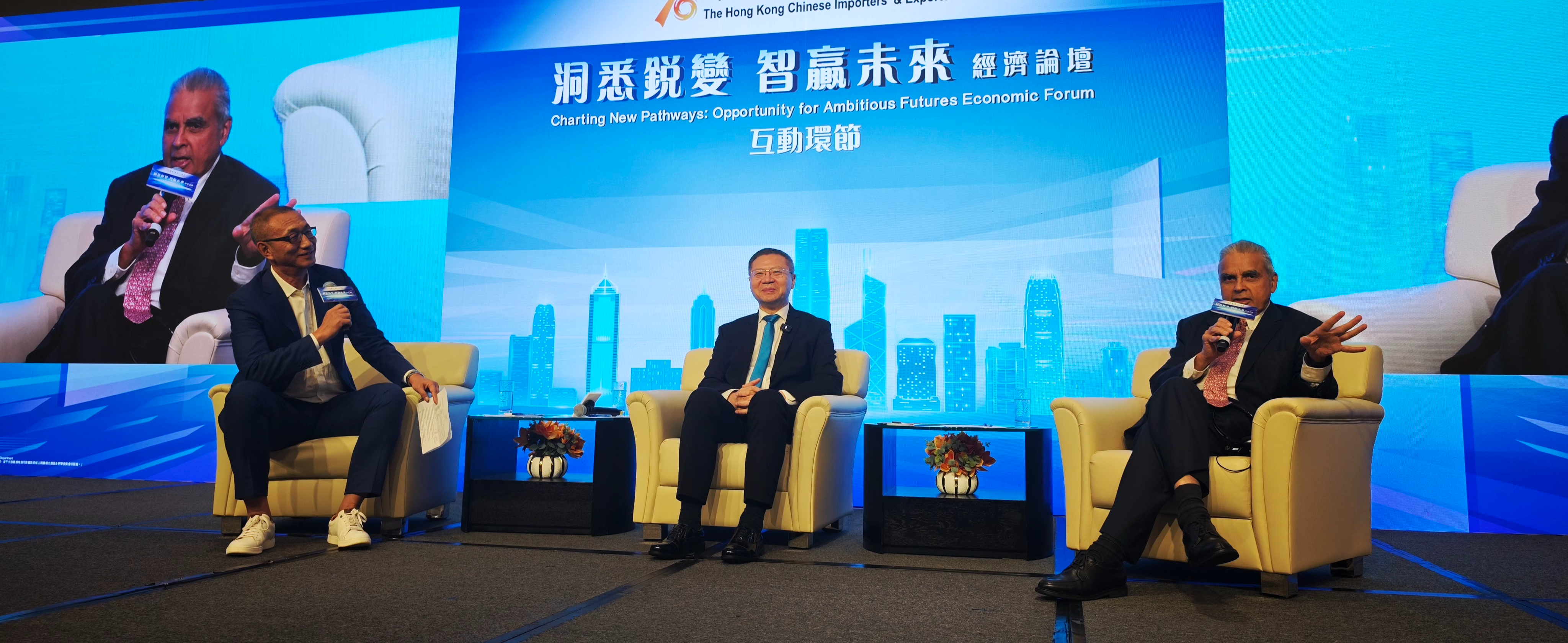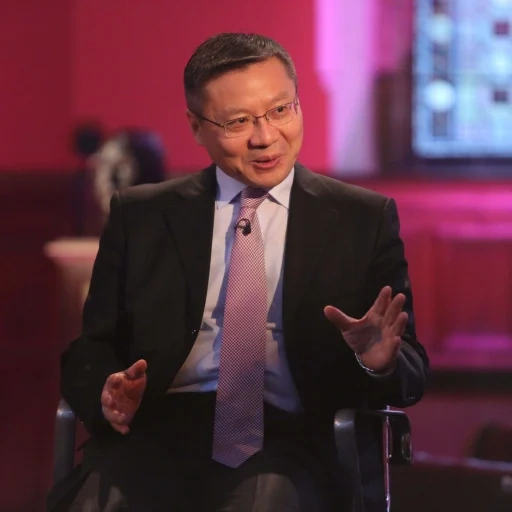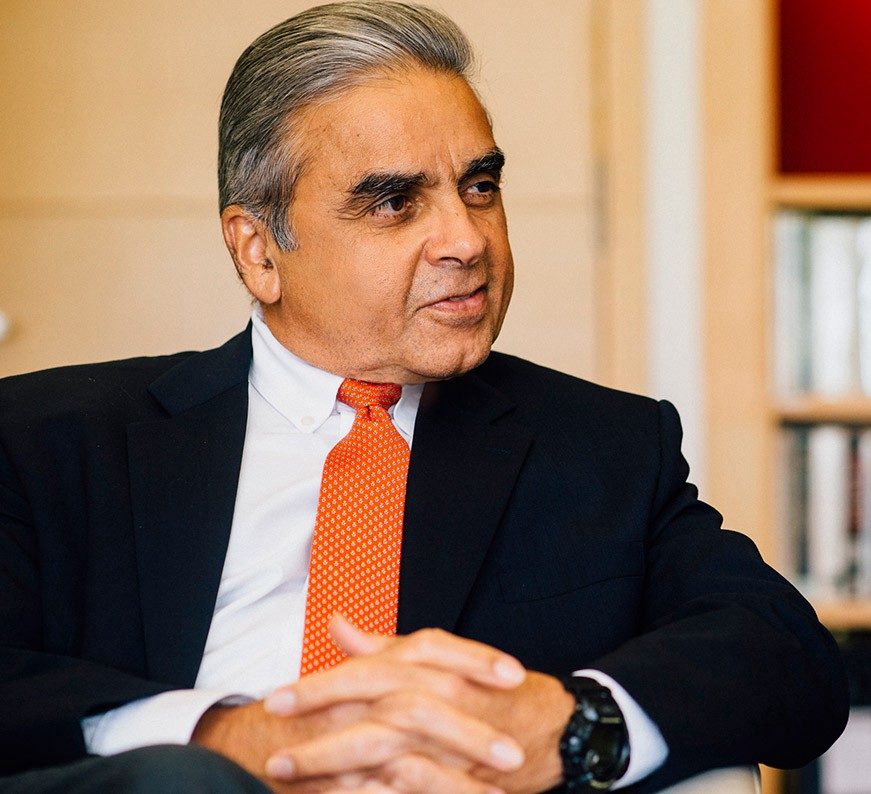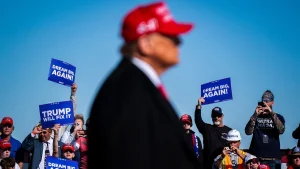Scholars Chuckle at America’s Misunderstanding of China

Host:
From your experience interacting with Americans, do you believe the American political establishment truly has a correct and thorough understanding of China’s political system? Similarly, do you think the Chinese political establishment has an accurate understanding of U.S. politics, so that both nations can find ways to peacefully coexist without escalating to a hot war? I’ll start by asking Kishore.
Kishore Mahbubani:
Let me answer the question about whether or not the american establishment has a good understanding of china. The simple answer is NO. There is a tremendous amount of ignorance. And actually, one man who privately confirmed this to me was then America’s greatest living strategic thinker, Henry Kissinger. I had a one-on-one conversation with him in October 2022, about a year before he passed away, where we discussed U.S.-China relations.
Kissinger gave me the insight that became the foundation of my book Has China Won?—the U.S. has launched a geopolitical contest against China but has failed to develop a comprehensive, long-term strategy. Why? Because the U.S. doesn’t truly understand China. It doesn’t realize that China is a far more formidable competitor than anything the United States has encountered before. The major issue in the U.S. is that opinions are often shaped, especially on the East Coast, by liberal pundits. These pundits assume that because China is run by the Chinese Communist Party—and they believe all communist parties will eventually fail—the Chinese Communist Party will also fail, and the U.S. will inevitably win. This belief is shockingly naive, yet widespread. And they haven’t tried to understand the reality of china.
So when the US congress set up a committee on the strategic competition between the United States and China, there’s no doubt there’s a strategic competition between the United States and China. What do they name the committee? They said this is a “Committee on the strategic competition between the United States of America and the Chinese communist party”. And I told him this is not a contest between the United States and the chinese communist party. This is the contest between the United States and chinese civilization, which has existed for 4,000 years. Do they truly understand the nature of the contest they are engaged in? The honest answer is no, and that is unfortunate.
What is puzzling about this is that, in theory, America is an open society. However, the paradox is that when it comes to China, the United States is an open society with a closed mind.
Host:
Do you think the chinese leadership gets the Americans?
Kishore Mahbubani:
If the Chinese leadership isn’t confused about the current state of American politics, then there’s something wrong with the Chinese leadership. They should be confused—because all of us are, right? American politics has always been unpredictable, and that’s a reality due to how open the system is domestically. Nobody can reliably predict outcomes. But at the same time, what we have today in the united states is even by american standards, an unprecedented level of unpredictability. Therefore, it will be natural for the chinese leadership to be confused by the united states of america.
Zhang Weiwei:
Two very good questions. I would say, in relative comparative studies, I would argue that, on the whole, the Chinese understand the West, including the United States, perhaps ten times better than the West understands China.
For one thing, we have over 3 million students who have studied or are still studying in the West, and 85% of them have returned home. They speak foreign languages, are familiar with Western cultures, and understand the realities on the ground. Specifically, if we look at key foreign policy decision-makers today, like Blinken or Sullivan, we can see from their educational backgrounds that they were shaped by the era of winning the Cold War. They were trained in the American style of political science.
I studied at the University of Geneva during that time, where we were debating whether to adopt political science or political studies. It was a 50-50 debate, but we placed a stronger emphasis on political studies, which means we focused more on history and philosophy, rather than treating politics purely as a science. In contrast, in the United States, post-Cold War education in international relations and political science became deeply ideological, driven by the ‘end of history’ narrative—believing that Western liberal democracy had won. As a result, it became more about mathematical models, and this led to the misreading of China, Southeast Asia, the rest of the world, and even the United States itself. Sometimes, it feels like a pseudo-science rather than real science. Against this backdrop, I would say that China and its leaders likely have a much better understanding of the West, and the U.S. in particular.
Another important point is that our education in international relations and political science has been strongly influenced by the United States. However, the overall philosophy guiding China’s rise, and its reforms and opening up, has been based on the principle of ‘seeking truth from facts’ (实事求是). This has helped China avoid many mistakes. Unlike others, we do not believe in dogma; we believe in testing theories against reality. We saw that the Soviet model didn’t work well, and the American model also had its flaws. So, we started exploring our own path. This makes me somewhat optimistic about China’s position.
Editor: Catherine Yang




